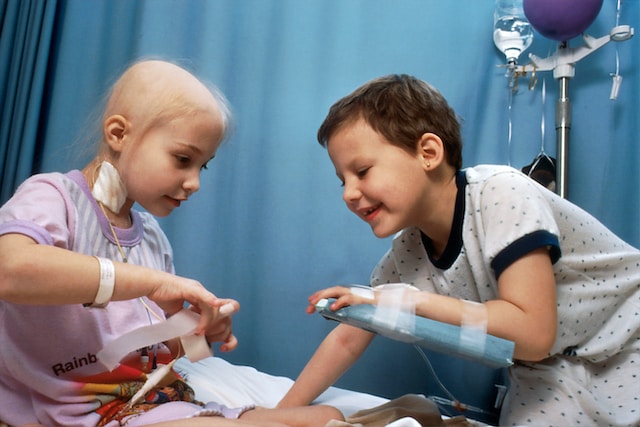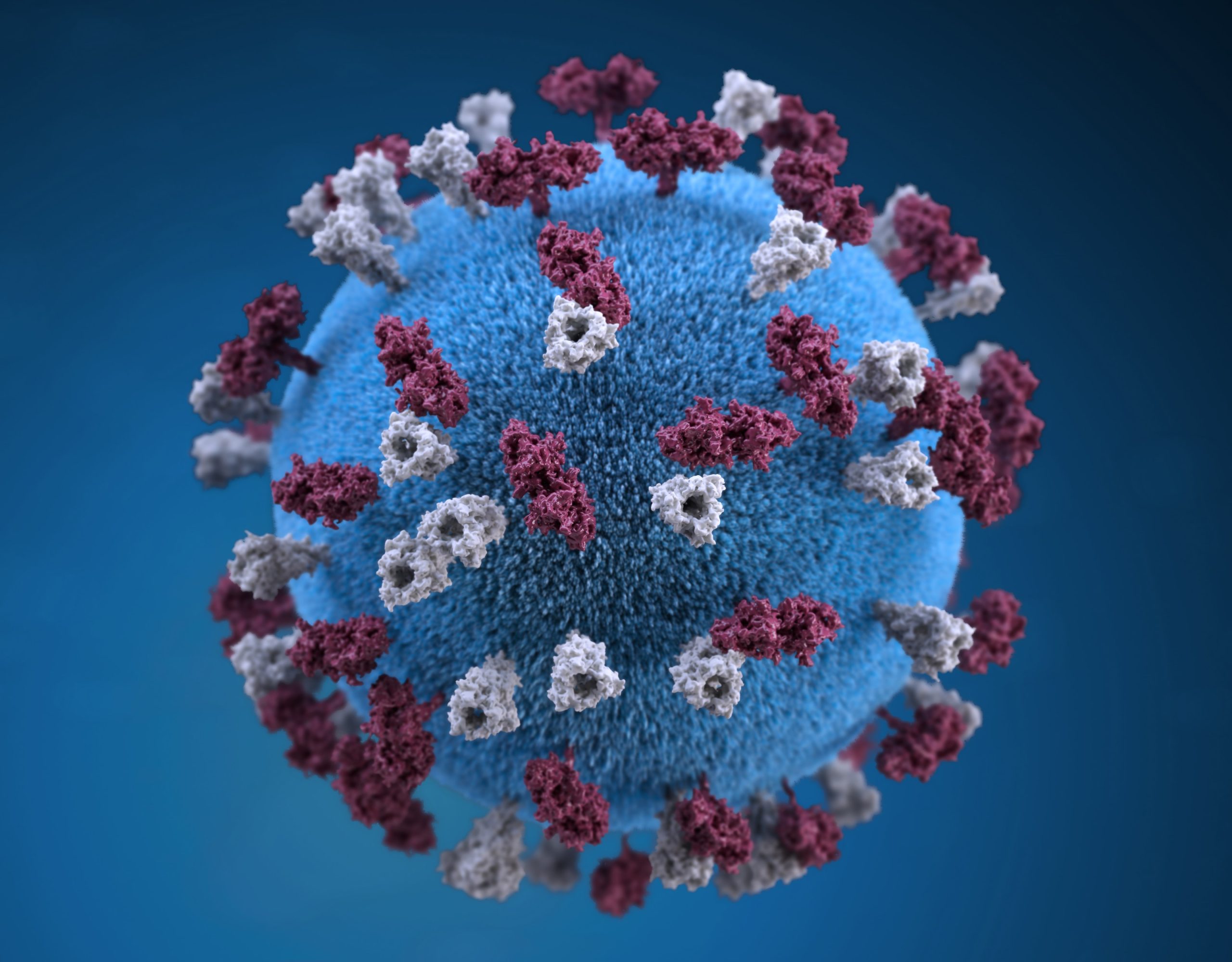Introduction: Recovering from childhood trauma is a challenging but transformative journey towards healing and resilience. Childhood trauma can have long-lasting effects on various aspects of our lives, but it is possible to break the cycle and find healing. This guide outlines key steps and strategies to help you navigate the process of recovery from childhood trauma, empowering you to create a healthier and more fulfilling future.
- Acknowledge and Validate Your Experience: The first step towards recovery is acknowledging and validating your experience of childhood trauma. Understand that what you went through was not your fault and that your feelings and reactions are valid. Give yourself permission to grieve, feel anger, and experience a range of emotions as you confront the impact of your past trauma.
- Seek Support from Safe and Trustworthy Individuals: Building a support network of safe and trustworthy individuals is crucial for recovery. Reach out to friends, family members, or support groups who can provide empathy, understanding, and validation. Consider seeking professional help from therapists or counselors experienced in trauma therapy. Surrounding yourself with supportive individuals who believe in your healing journey can provide the strength and encouragement you need.
- Educate Yourself about Trauma and Its Effects: Gaining knowledge about childhood trauma and its effects can be empowering. Educate yourself about the different types of trauma, common symptoms and responses, and the potential long-term impact on various aspects of life. Understanding the dynamics of trauma can help you make sense of your own experiences and develop greater self-compassion.
- Engage in Therapy and Trauma-Informed Care: Therapy, particularly trauma-focused therapy, is a cornerstone of recovery from childhood trauma. Seek out therapists trained in evidence-based approaches such as Cognitive-Behavioral Therapy (CBT), Eye Movement Desensitization and Reprocessing (EMDR), or Trauma-Focused Cognitive Behavioral Therapy (TF-CBT). These therapies address trauma’s impact on thoughts, emotions, and behaviors, providing tools to heal and develop healthy coping strategies.
- Practice Self-Care and Self-Compassion: Self-care plays a vital role in recovering from childhood trauma. Engage in activities that promote your overall well-being, such as exercise, meditation, journaling, or creative outlets. Prioritize self-compassion, treating yourself with kindness and understanding throughout the healing process. Practice setting boundaries, saying no to things that trigger you, and prioritizing your own needs.
- Challenge Negative Beliefs and Thoughts: Childhood trauma often leaves deep-rooted negative beliefs and thoughts about oneself and the world. Challenge and reframe these beliefs by seeking evidence that contradicts them. Engage in positive affirmations, surround yourself with supportive and positive influences, and consider cognitive restructuring techniques provided by therapists to shift negative thought patterns.
- Establish Healthy Relationships: Building healthy relationships is crucial for healing from childhood trauma. Be intentional about surrounding yourself with individuals who support your growth and well-being. Seek out connections based on trust, mutual respect, and emotional safety. Therapy can also provide a space to develop and practice healthy relationship skills.
- Practice Emotional Regulation and Self-Soothing Techniques: Childhood trauma can lead to difficulties in regulating emotions. Learn and practice techniques such as deep breathing exercises, grounding techniques, mindfulness, and self-soothing activities to help manage overwhelming emotions. These techniques can provide a sense of control and stability during challenging moments.
- Cultivate Resilience and Meaningful Life Changes: Recovering from childhood trauma involves cultivating resilience and making meaningful life changes. Focus on building strengths, setting goals, and engaging in activities that bring joy and purpose to your life. Recognize your resilience in overcoming challenges and celebrate milestones along your healing journey.
Conclusion: Recovering from childhood trauma requires courage, patience, and self-compassion. By acknowledging and validating your experience, seeking support, educating yourself, engaging in therapy, practicing self-care, challenging negative beliefs, establishing healthy relationships, practicing emotional regulation, and cultivating resilience, you can break the cycle of childhood trauma and create a brighter future. Remember, healing takes time, and every step forward is a step towards reclaiming your power and building a life defined by resilience and growth.










